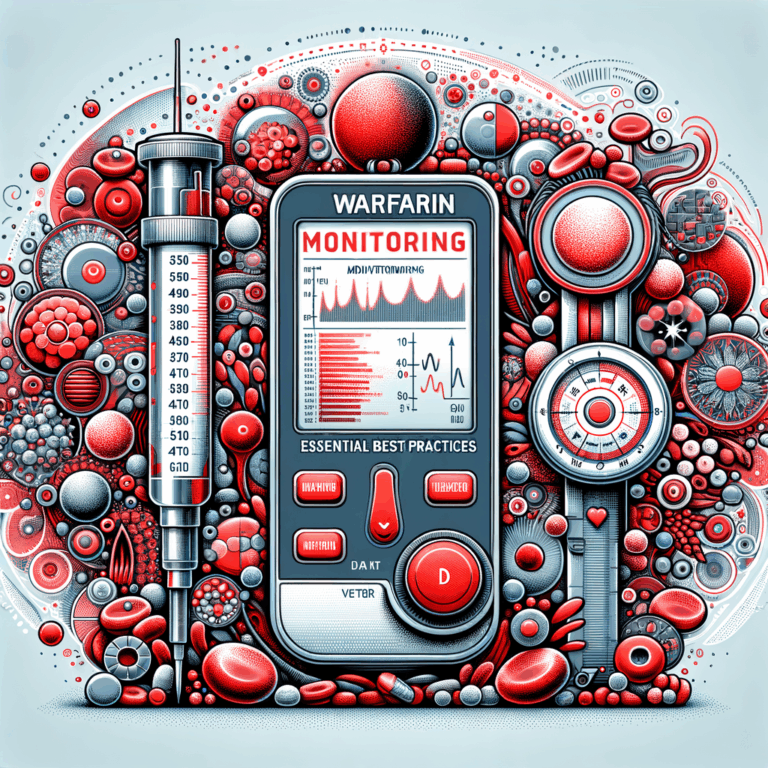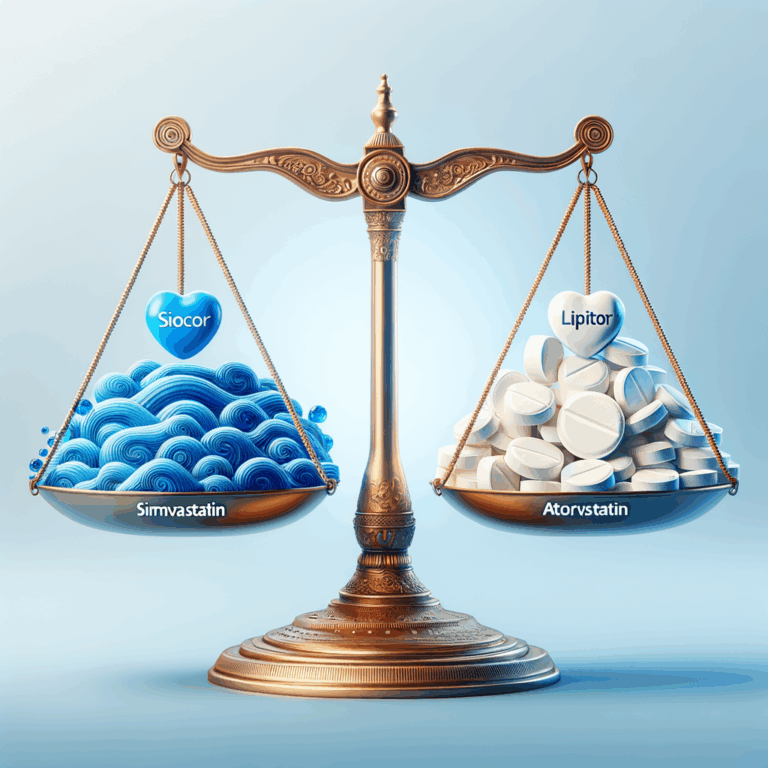
- Understanding Schizophrenia
- Overview of Risperdal
- Effectiveness of Risperdal in Treating Schizophrenia
- Benefits and Side Effects of Risperdal
- Dosage and Administration of Risperdal
- Risperdal in Combination with Therapy
- Risperdal vs. Other Antipsychotic Medications
- Risperdal Long-Term Use and Monitoring
- Lifestyle Considerations with Risperdal
- Frequently Asked Questions
Risperdal: Best Treatment for Schizophrenia
—
Understanding Schizophrenia
Schizophrenia is a complex mental health disorder characterized by disruptions in thinking, perception, emotions, and behavior. Individuals with schizophrenia may experience hallucinations, delusions, disorganized thinking, and a loss of touch with reality. The exact cause of schizophrenia is not fully understood, but it is believed to result from a combination of genetic, environmental, and neurobiological factors. Schizophrenia affects approximately 1% of the global population and can have a significant impact on a person’s daily functioning and quality of life.
Overview of Risperdal
Risperdal, also known by its generic name risperidone, is an antipsychotic medication commonly used in the treatment of schizophrenia and other mental health conditions. It belongs to a class of medications known as atypical antipsychotics, which work by targeting neurotransmitters in the brain to help regulate mood and behavior. Risperdal is available in various forms, including tablets, orally disintegrating tablets, and liquid solution, making it accessible and convenient for individuals with different needs.
Effectiveness of Risperdal in Treating Schizophrenia
Numerous clinical studies and real-world experiences have demonstrated the effectiveness of Risperdal in managing the symptoms of schizophrenia. Risperdal helps alleviate hallucinations, delusions, and thought disturbances associated with the disorder, allowing individuals to regain stability and improve their overall quality of life. The drug’s precise mechanism of action involves blocking the dopamine and serotonin receptors in the brain, which helps control psychotic symptoms and stabilize mood.
Benefits and Side Effects of Risperdal
Like any medication, Risperdal offers benefits as well as potential side effects. The benefits of Risperdal include a reduction in hallucinations, improved clarity of thought, and enhanced emotional regulation for individuals with schizophrenia. However, some individuals may experience side effects such as weight gain, drowsiness, dry mouth, and muscle stiffness while taking Risperdal. It is essential for individuals prescribed Risperdal to work closely with their healthcare providers to monitor and manage any side effects that may arise.
Dosage and Administration of Risperdal
The dosage of Risperdal prescribed to individuals with schizophrenia may vary based on factors such as the severity of symptoms, individual response to the medication, and any co-occurring medical conditions. It is crucial for individuals to follow their healthcare provider’s instructions regarding the dosage and administration of Risperdal carefully. Risperdal is typically taken once or twice daily with or without food, depending on the specific formulation prescribed. Regular follow-up appointments with healthcare providers can help ensure the optimal effectiveness and safety of Risperdal treatment.
Risperdal in Combination with Therapy
While medications like Risperdal play a significant role in managing schizophrenia symptoms, they are often most effective when combined with therapy and psychosocial interventions. Cognitive-behavioral therapy, family therapy, and social skills training can complement the effects of Risperdal by addressing underlying thought patterns, improving coping strategies, and enhancing interpersonal relationships. The combination of medication and therapy offers individuals with schizophrenia a comprehensive approach to treatment that addresses both biological and psychosocial aspects of the disorder.
Risperdal vs. Other Antipsychotic Medications
In comparison to other antipsychotic medications, Risperdal has been widely studied and found to be effective in managing schizophrenia symptoms with a relatively lower risk of certain side effects, such as metabolic issues. Risperdal’s versatility in treating both positive and negative symptoms of schizophrenia sets it apart from some other antipsychotic medications, making it a preferred choice for many healthcare providers. However, the selection of an antipsychotic medication should be tailored to each individual’s unique needs and preferences, and consultation with a healthcare provider is essential in determining the most suitable treatment option.
Risperdal Long-Term Use and Monitoring
Individuals prescribed Risperdal for the treatment of schizophrenia may require long-term medication management to maintain symptom stability and prevent relapses. Regular monitoring of symptoms, side effects, and overall well-being is crucial to assess the ongoing effectiveness of Risperdal and make any necessary adjustments to the treatment plan. Healthcare providers may conduct periodic evaluations, blood tests, and other assessments to ensure the safe and optimal use of Risperdal over the long term.
Lifestyle Considerations with Risperdal
In addition to medication and therapy, individuals with schizophrenia can benefit from incorporating healthy lifestyle habits into their daily routine while taking Risperdal. Engaging in regular physical activity, maintaining a balanced diet, getting an adequate amount of sleep, and avoiding substances like drugs and alcohol can all support the effectiveness of Risperdal and promote overall well-being. Building a strong support network of family, friends, and mental health professionals can also provide essential emotional support and practical assistance throughout the treatment process.
Frequently Asked Questions
1. Is Risperdal the only medication used to treat schizophrenia?
– Answer: No, there are other antipsychotic medications available for the treatment of schizophrenia, and the choice of medication depends on various factors such as individual response, side effect profile, and healthcare provider’s discretion.
2. Can Risperdal cure schizophrenia?
– Answer: Risperdal is not a cure for schizophrenia but can effectively manage symptoms and improve quality of life for individuals with the disorder when used as part of a comprehensive treatment plan.
3. What should I do if I experience side effects while taking Risperdal?
– Answer: It is important to promptly report any side effects to your healthcare provider to determine if any adjustments to the medication or additional interventions are needed.
4. How long does it take for Risperdal to start working for schizophrenia symptoms?
– Answer: The onset of Risperdal’s effects may vary from individual to individual, with some experiencing improvements in symptoms within days to weeks of starting the medication.
5. Can Risperdal be used in children and adolescents with schizophrenia?
– Answer: Risperdal is approved for use in pediatric populations for certain indications, and its use in children and adolescents should be carefully monitored by healthcare providers.
6. What should I do if I miss a dose of Risperdal?
– Answer: If you miss a dose of Risperdal, take it as soon as you remember. However, if it is close to the time of your next dose, skip the missed dose and resume your regular dosing schedule.
7. Are there any interactions between Risperdal and other medications?
– Answer: Risperdal may interact with certain medications, including some antidepressants and anticonvulsants. It is important to inform your healthcare provider about all medications you are taking to prevent potential interactions.
8. Can Risperdal be used as a standalone treatment for schizophrenia?
– Answer: Risperdal is often used in combination with therapy and psychosocial interventions for the comprehensive management of schizophrenia. The decision to use Risperdal as a standalone treatment should be made by healthcare providers based on individual needs.
9. Is it safe to drive or operate machinery while taking Risperdal?
– Answer: Risperdal may cause drowsiness or dizziness in some individuals, so it is essential to exercise caution when engaging in activities that require alertness until you know how the medication affects you.
10. What should I do if I have concerns about taking Risperdal for schizophrenia?
– Answer: If you have any concerns or questions about Risperdal or its use in the treatment of schizophrenia, do not hesitate to discuss them with your healthcare provider. Open communication is vital in ensuring that your treatment plan meets your needs and preferences.
References:
1. National Institute of Mental Health. (2021). Schizophrenia. Retrieved from https://www.nimh.nih.gov/health/topics/schizophrenia
2. U.S. Food and Drug Administration. (2021). Risperdal Prescribing Information. Retrieved
from https://www.accessdata.fda.gov/drugsatfda_docs/label/2020/020272s089lbl.pdf



